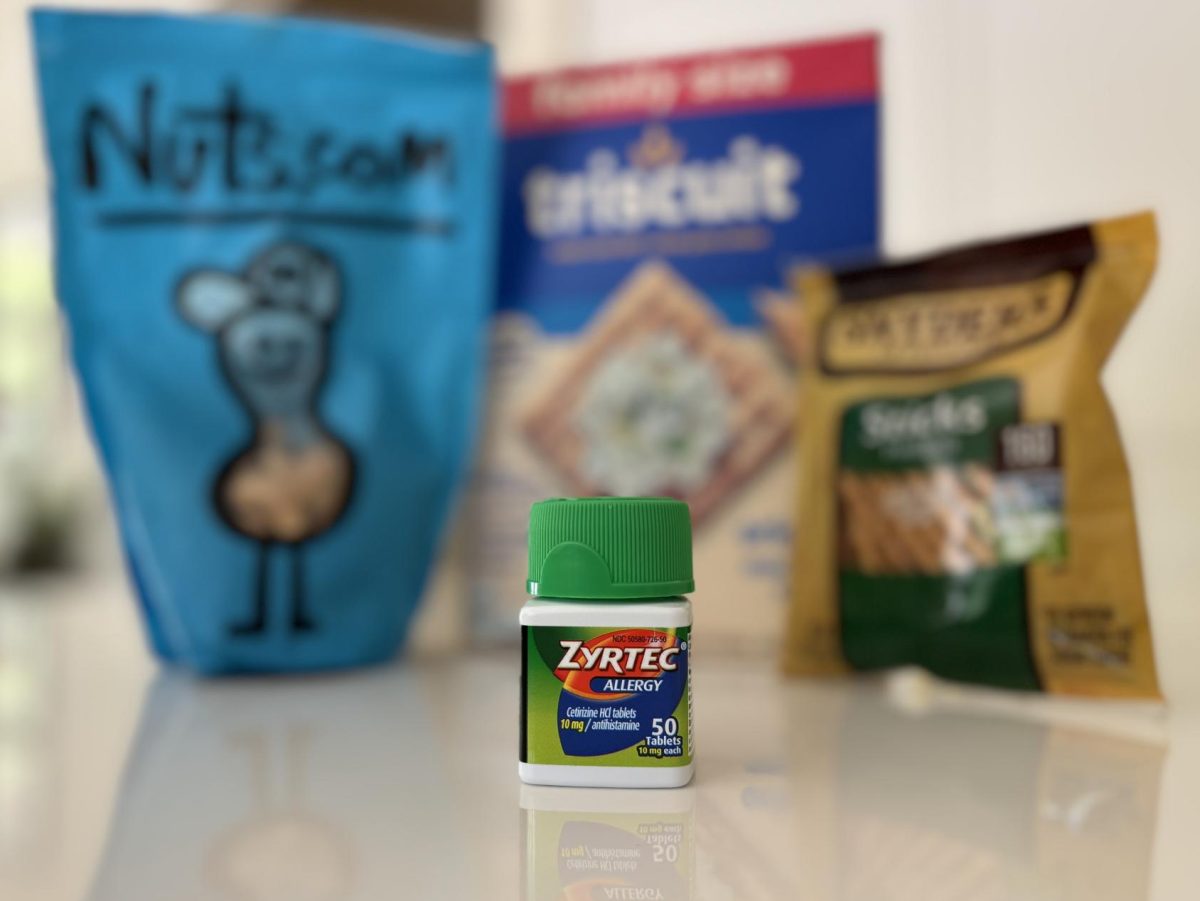 As the semester draw to a close, it’s time for students to step it up
As the semester draw to a close, it’s time for students to step it up
The weeks after Thanksgiving break is the part of the year that I dread the most. A time when opening my School Loop account is a nauseating chore. A time when I know in the back of my head that I should start to open at least one of those textbooks, untouched for months, that are piled up on my desk.
Sure enough, finals are only a little more than two weeks away. As teachers give out the last homework assignments and projects of the semester, the tell-tale signs of final study time are rearing their ugly heads. These include, among others, subtle hints from teachers in the form of study guides and review sessions.
As a veteran procrastinator myself, I understand the consequences of putting things off until the last minute. However, all is not lost if you do not have enough time on your hands. It simply becomes more about efficient rather than lengthy study. Here are four fool-proof tips for efficient studying:
1. Study in groups. Various psychological studies show that teaching others information helps the tester remember up to 70% of the material involved, so this will definitely improve your memory of the subject. Only effective if there is studying involved.
2. Utilize teacher study sessions. Study sessions hosted by teachers can help identify what has to be studied and what does not. It also helps to gain favor with the instructor in question.
3. Keep it short. The amount of time spent studying does not necessarily correlate to success on the final. In fact, it is actually more effective to keep study time short. Intensive two-hour sessions can do wonders for the demoralized procrastinator.
4. Use Google. Effective study guides are almost always available with a click of a mouse. Making your own study guide is ideal but takes a lot of time. Memorization-heavy courses such as AP U.S. History or Biology will have reliable resources online..
Some of these pieces of advice may seem painfully obvious, but too many students do not heed them. If you follow these tips, that desired score is almost in the bag. That being said, here are the three methods that do not work effectively in a short amount of time:
1. Reading textbooks. It is usually a good idea to use the textbook as a resource. However, with a limited number of hours to study, it is not advised to read a semester’s worth of text in a few hours. Instead use notes and study guides to review the information.
2. Using Google Documents. There are few subjects that require the extensive use of Google Docs. Unless you yourself contribute to the document itself, the Google Doc method is useless.
3. Spending too much time on one subject. As obvious as this may sound, many students do not allocate time efficiently to each subject. This is a fatal mistake to any test-taker so watch out!






